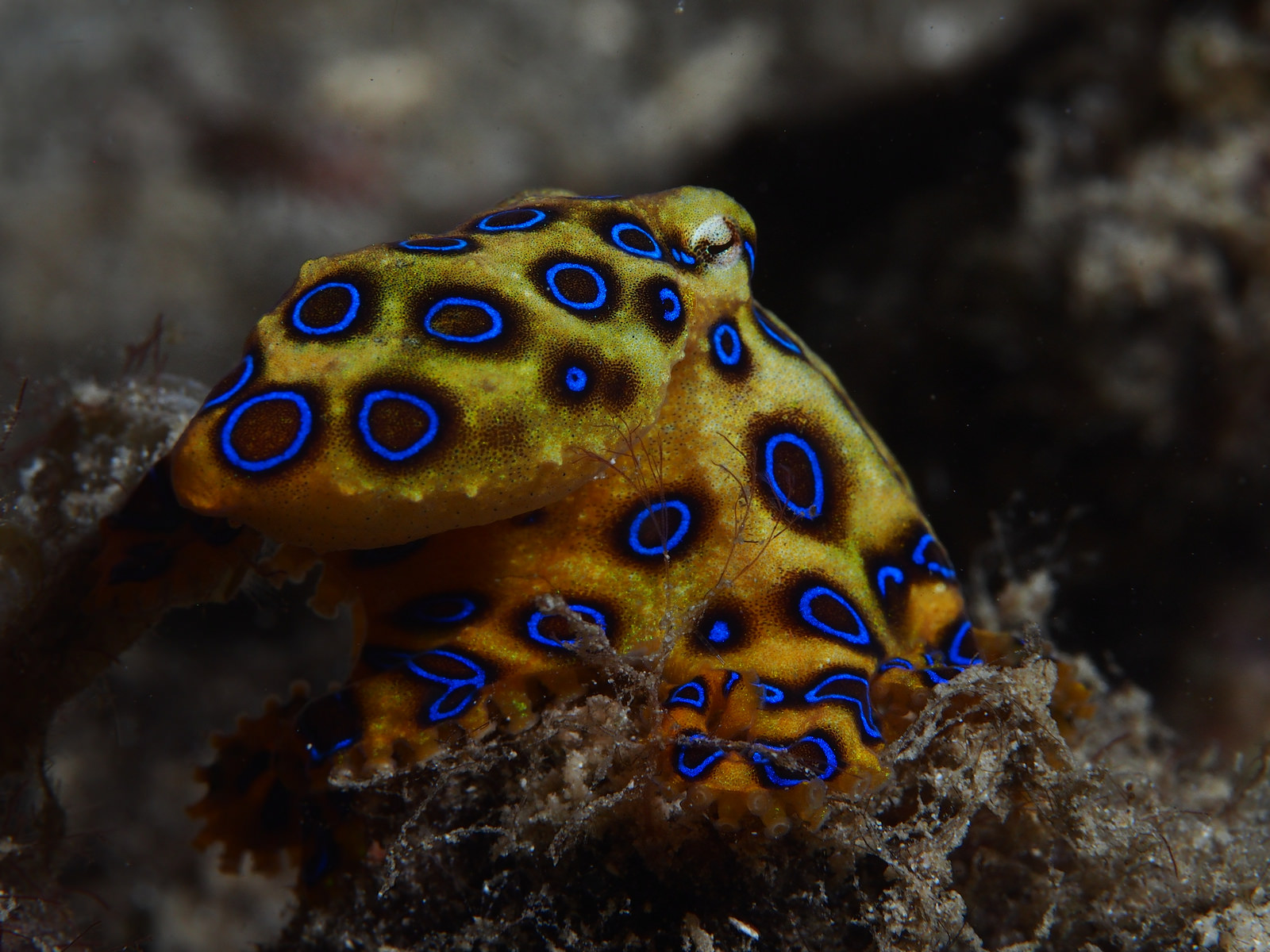Many victims of blue-ringed octopus bites describe their encounters as both thrilling and terrifying. Often, these incidents occur when a person inadvertently provokes the octopus, mistaking it for a harmless creature. The octopus bites, delivering a potent neurotoxin known as tetrodotoxin. This toxin is capable of causing paralysis and respiratory failure, often leading to life-threatening situations.
The first symptoms of envenomation can appear within minutes. Victims may experience a tingling sensation around the mouth, followed by numbness that spreads throughout the body. Muscle weakness and paralysis can set in rapidly, making it difficult for the person to move or even breathe. The venom interferes with nerve signals, effectively shutting down the body’s ability to function.
Treatment for a blue-ringed octopus bite requires swift action. Victims must be rushed to a medical facility where they can receive supportive care. In many cases, doctors will administer oxygen and monitor the patient closely, often using ventilators if necessary. The timeline is critical; the faster the treatment, the better the chances of recovery.
For those who survive, recovery can be a lengthy process. Physical rehabilitation may be required to regain strength and mobility, but the mental recovery can be just as important. Victims often find themselves reevaluating their relationship with the ocean and its inhabitants, gaining a newfound respect for the beauty and danger that coexist in marine environments.
 What It’s Like to Be Nearly Killed by a Blue-Ringed Octopus’ Venom?
What It’s Like to Be Nearly Killed by a Blue-Ringed Octopus’ Venom?